Related to the implementation of the Kajaani region innovation ecosystem agreement, the KUHA3 project delivers solutions for the management of complex sports data from multiple sources and its utilisation on different platforms and across interfaces. The project supports the goals of the Kajaani region ecosystem agreement on extensive collection and utilisation of sports and well-being data (by 2028) for both businesses and RDI activities.
The goal of the project is to develop the work to a point where it is possible to begin piloting the collection and visualisation of sports data with athletes and coaches. The project will deliver production versions of a data lake for sports data as well as a data visualisation application based on knowledge and results accumulated in earlier projects of the sports and well-being data analytics programme and in the Sports Data Repository and Ecosystem projects. The production versions delivered by the project will initially be utilised in the Vuokatti-Ruka operations environment and more widely in the Finnish sports and well-being landscape.
Application for visualisation and utilisation of athlete data.
Furthermore, the project produces important knowledge on the collection of sensitive sports data, and steps can then be taken to introduce the accumulated knowledge in the well-being sector. In the future, the data lake will enable the collection of sports data in one place under open, machine-readable interfaces. In addition to making a regional impact, the project aligns with the sports and exercise data entity of the Finnish Olympic Committee.
Three parties will collaborate in the implementation of this project. It will he headed by the Sports Technology Unit Vuokatti of the University of Jyväskylä (JYU-Vuokatti) and co-implemented by the Kajaani University of Applied Sciences (KAMK) and CSC – IT Center for Science. The main funding for the project (ERDF 60%) will be provided via the Sustainable urban development programme and the Kajaani region ecosystem agreement. Additionally, the project is co-funded by the Sotkamo Municipality (25% of total project costs) and the Finnish Olympic Committee (approx. 5.8% of the total project costs).



